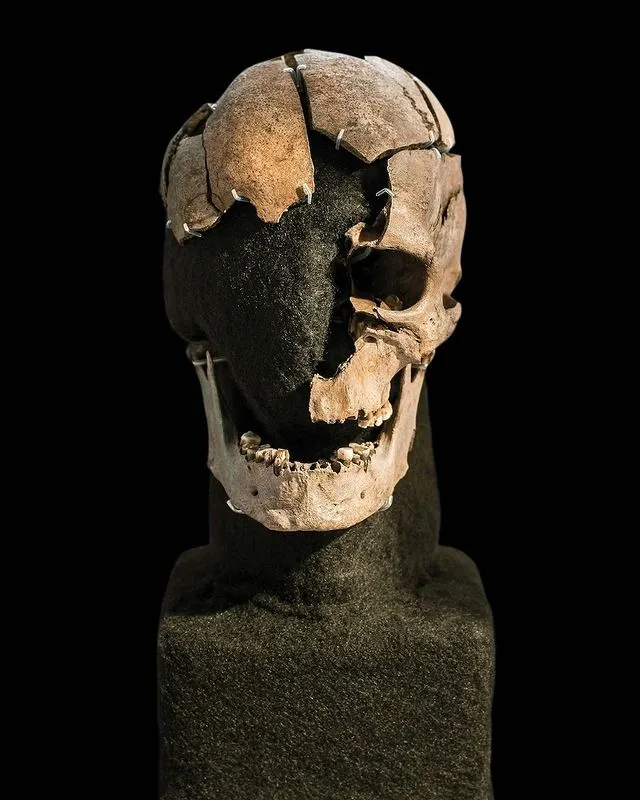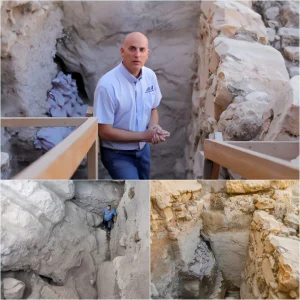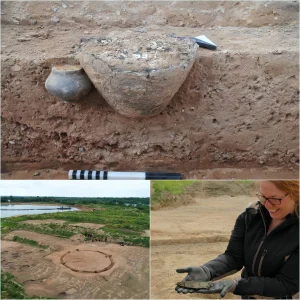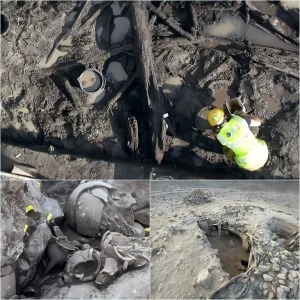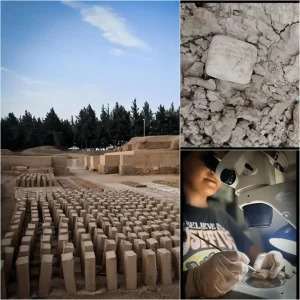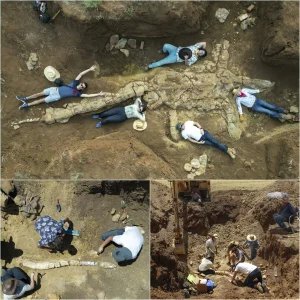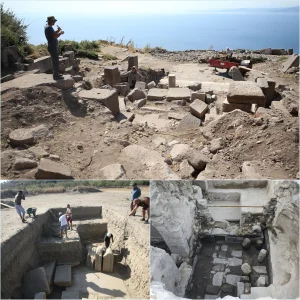The discovery of a 5000-year-old skull and the murder weapon in a Danish bog offers significant insights into the dawn of agriculture and life in Northern Europe during the Neolithic era. Unearthed in 1915 in Vittrup, Denmark, these remains were dubbed the Vittrup Man.
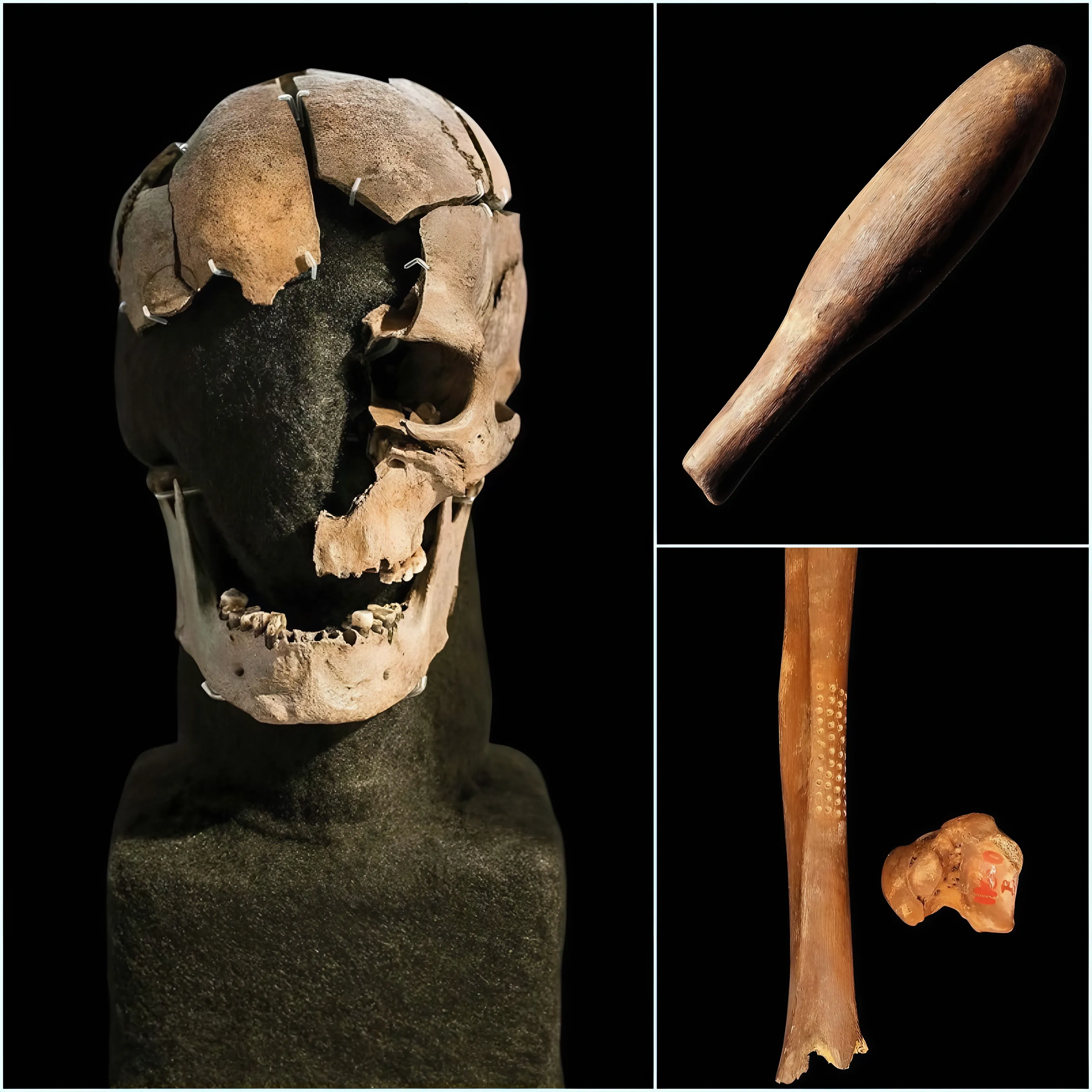
DNA analysis has revealed that the Vittrup Man possessed a genetic profile distinct from the local Danish population, suggesting he originated from elsewhere. His dietary shift from consuming sea fish and mammals to grains, milk, goats, and sheep reflects this transition.
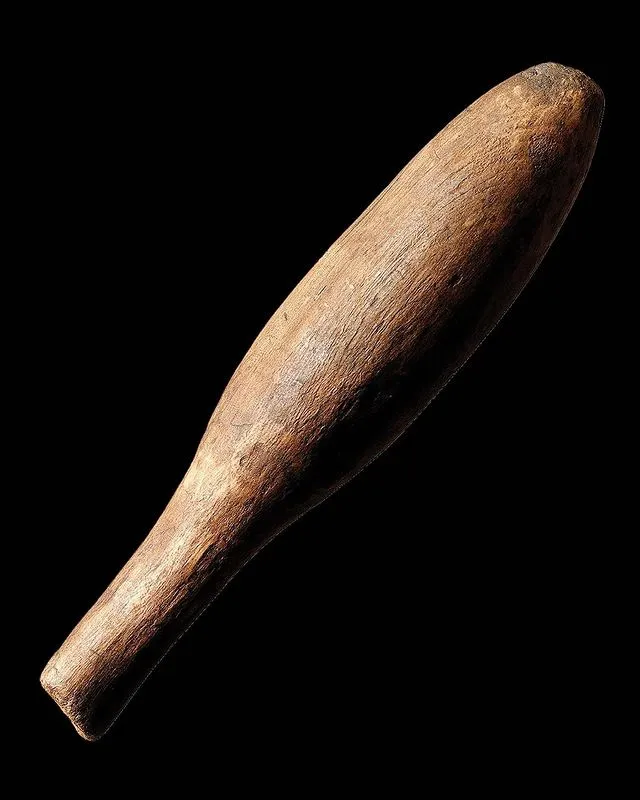
Symbolizing the shift from a hunter-gatherer lifestyle to settled farming, the Vittrup Man met a tragic fate. Between 3300 and 3100 BCE, he suffered a brutal demise, enduring eight blows to the head from a wooden club. Researchers speculate he may have been a sacrificial offering or perhaps a slave sacrificed to ancient deities.
